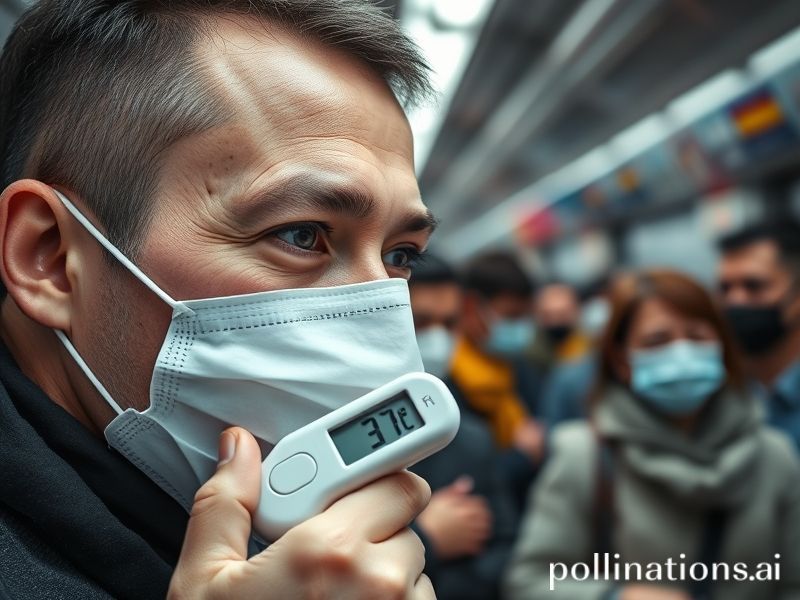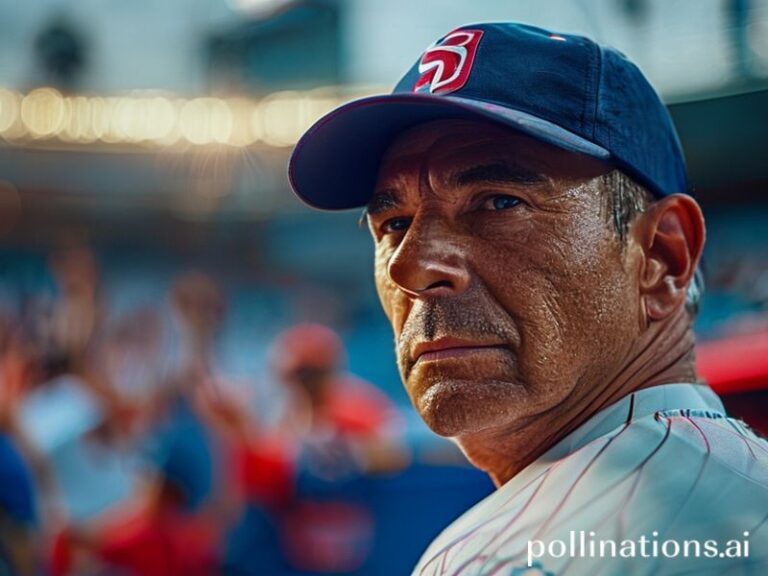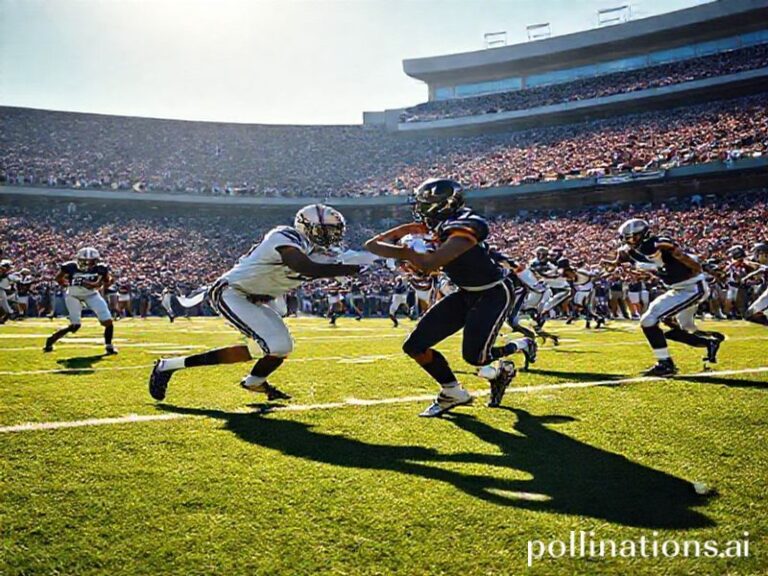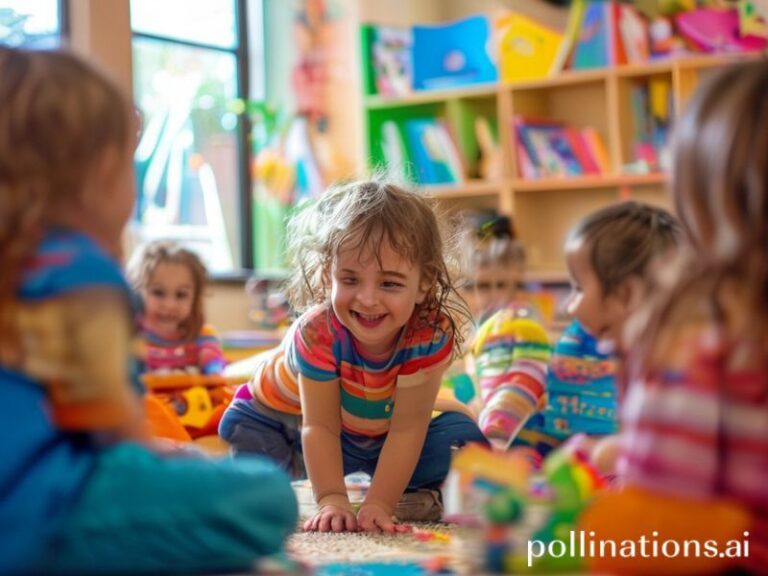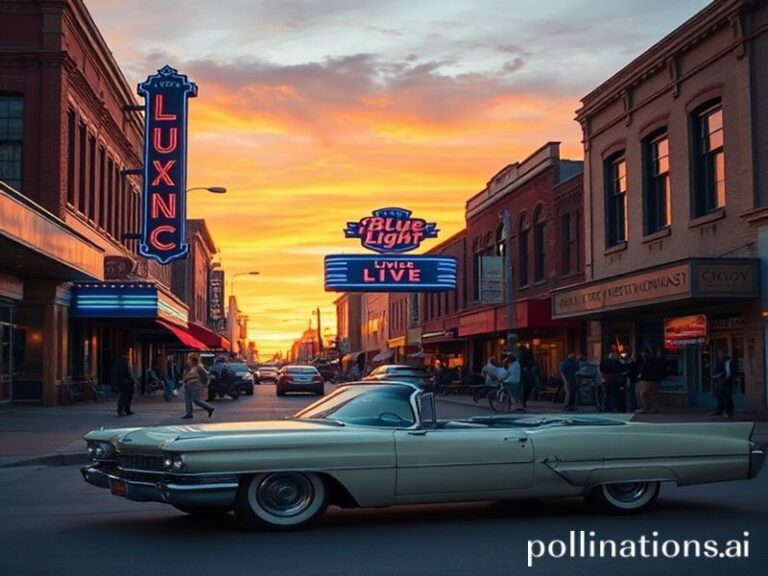COVID Symptoms 2025: A World Tour of Sneezes, Supply Chains, and Existential Dread
COVID-19, 2025 Edition: A Global Game of Viral Whac-A-Mole Where Everyone’s Still Losing
By the time you finish this paragraph, another subvariant has probably emerged in a crowded bazaar in Dhaka, an airport lounge in Dubai, or—if the genome gods are feeling nostalgic—a wet market within spitting distance of Wuhan. Five years into the pandemic, the symptoms have become the world’s least-welcome souvenir: they travel with you, mutate under your nose, and arrive home speaking a dialect your immune system never quite learned. The good news? Humanity has finally synchronized its global confusion. The bad? That’s all we’ve synchronized.
Symptoms in 2025 are less a checklist and more a geopolitical mood ring. In Lagos, patients complain of a metallic taste reminiscent of the city’s perpetually gridlocked engines. In Milan, the fashion capital now accessorizes with “long-COVID chic”: pallid skin, a persistent rasp, and trainers designed for the breathless dash between espresso bars. Tokyo’s commuters report phantom cherry-blossom scent instead of the traditional loss of smell—an only-in-Japan upgrade that still leaves them unable to detect an actual gas leak. Meanwhile, rural Wisconsin dairy farmers swear the latest variant makes milk taste faintly of despair and student-loan interest. Each region is convinced its version is uniquely tragic; virologists just call it Tuesday.
The World Health Organization, fresh from its latest re-branding exercise (tagline: “WHO Knew?”), now classifies symptoms into three tiers: Mild, Moderate, and Existential Dread. The Mild tier includes classic hits like sore throat, fatigue, and the sudden urge to re-watch all nine seasons of a sitcom you never liked. Moderate introduces chest tightness and that universal feeling of being ghosted by your own lungs. Existential Dread is reserved for the moment you realize your government’s pandemic stockpile is 200 million expired masks and a motivational poster of a kitten dangling from a branch.
Border policies have evolved into absurdist theater. Canada demands proof of vaccination, an apology letter for existing, and a promise to say “sorry” if you cough. Australia scans incoming travelers for cricket knowledge; sneeze during the national anthem and you’re on the next flight to Christmas Island. The European Union has color-coded entry rules that change faster than TikTok trends—yesterday’s “amber” is tomorrow’s “mauve with taupe undertones.” Airlines have responded by streamlining their safety videos into a single GIF of a shrug.
Global supply chains, those exquisite tapestries of just-in-time logistics, now hinge on whichever port hasn’t locked down after a single sneeze. A cough in Busan can delay dishwashers in Barcelona; a runny nose in Rotterdam means no avocados in Rio. Economists have coined a new indicator—the “Sniffle Supply Shock”—which appears quarterly between the inflation report and the celebrity breakup index. Central bankers debate whether to raise rates or simply hand out tissues.
Yet the true pandemic legacy is psychological. Humanity has developed a collective hypochondria so refined that a hiccup triggers a five-nation contact-tracing alert. Dating apps let you filter prospects by antibody profile; wedding vows include clauses about booster fidelity. Every subway pole is now a silent referendum on trust, every shared karaoke mic a potential act of bioterrorism. We are, in short, a species that can sequence a genome overnight but still can’t agree whether to cover our noses.
And so, as another winter approaches, the planet braces for the latest installment of “Survivor: Variants.” The symptoms may shift, the acronyms may multiply (KP.3.1.2—sounds like a droid from Star Wars), but the choreography remains the same: governments overpromise, citizens under-comply, and the virus dutifully evolves, an overachiever in a world of underachievers. If history is any guide, we’ll meet the next strain with the same cocktail of bravado, denial, and artisanal hand sanitizer. Until then, keep your passport handy, your mask tighter, and your expectations lower than a pangolin’s press agent. After all, in the grand tradition of human resilience, we’ve survived plagues, wars, and disco—what’s one more cough among friends?

